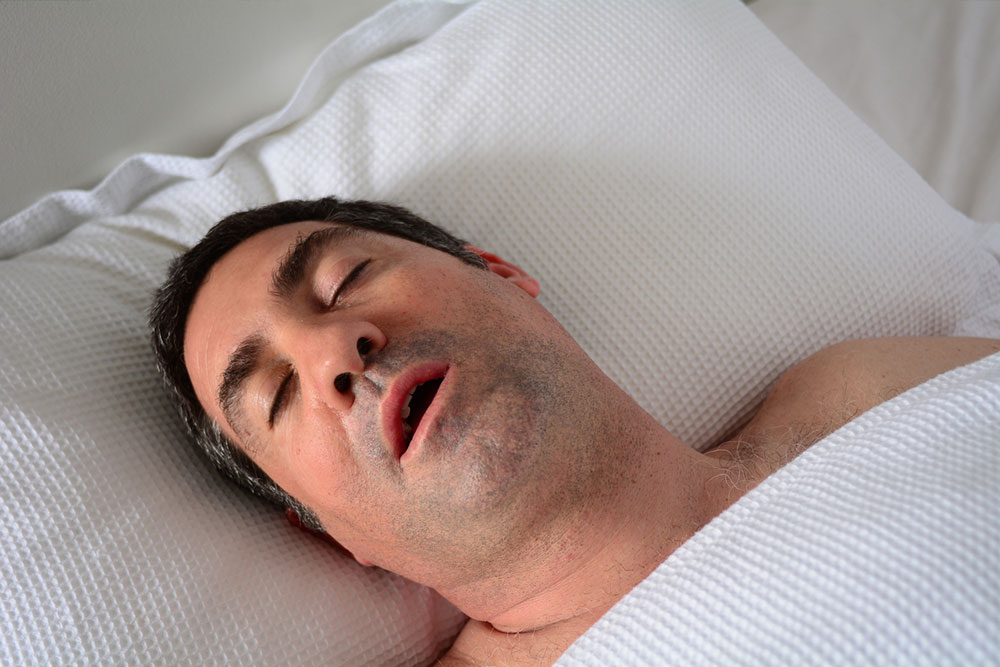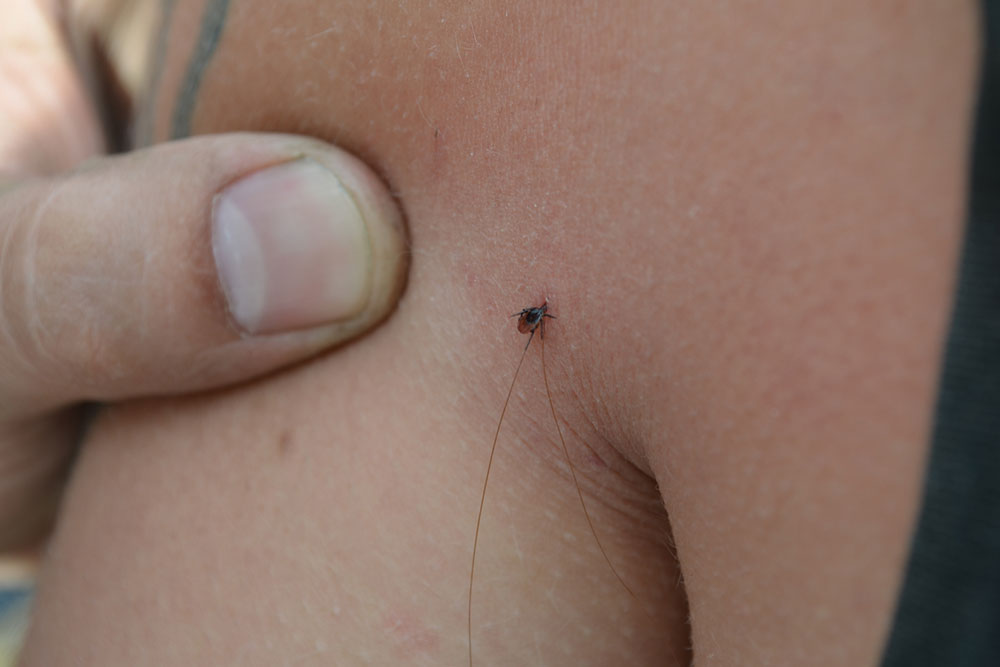
Diagnosis & Prevention
6 Ways to Prevent Snoring
Snoring is a common issue faced by several people, and yet, these they are often teased or made fun of in public due to their snoring. It can also be bothersome for a partner as snores are loud and non-melodic sounds. However, it is essential to understand that reasons like lifestyle, stress, blocked nostrils, or breathing disorders could be the real reason for an individual’s snoring habit. Snoring is produced by vibrating tissues inside the airways of the nose and throat. Turbulent airflow through narrowed airways produces the vibration and leads to snoring. Snoring can be due to a person’s sleeping position, use of medications, and alcohol. Habitual snorers can also have specific issues like obstructive sleep apnea. Sleep apnea creates several problems like an extended interruption in breathing, and this interruption can last for more than 10 seconds. Many products are available in the market to deal with snoring, and one of the best and easiest methods to stop snoring is using a mouthpiece. These dentist-designed devices take into account the structure of your mouth and help with reducing snoring. Some studies have shown a remarkable decline in snoring if the individual wears the device correctly, and if it fits well. Why should one opt for anti-snoring devices? No matter how uncomfortable the option sounds, many chronic and loud snorers have reported relief after using the device. Widely known as mandibular advancement devices, oral mouthpieces to stop snoring are designed to counteract the natural inclination of your tongue to slide to the back of your mouth and your jaw to relax. Both of these factors obstruct the airways which can worsen the problem of snoring. How does the device work? A dentist usually fits these anti-snoring oral mouthpieces, and particular things are taken into consideration while designing the device.












